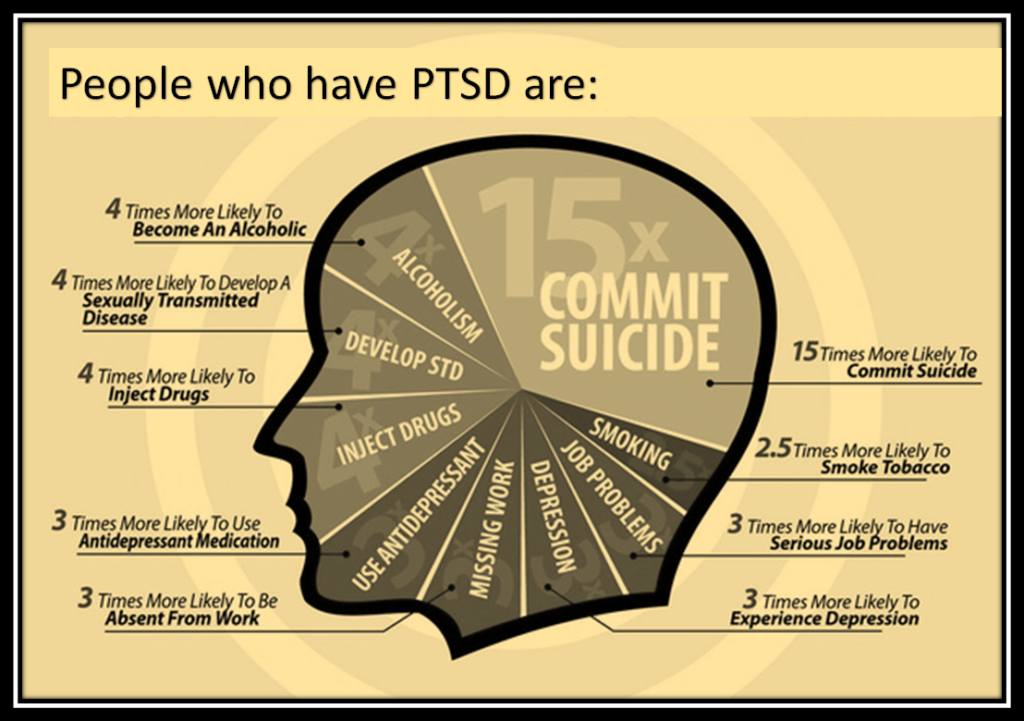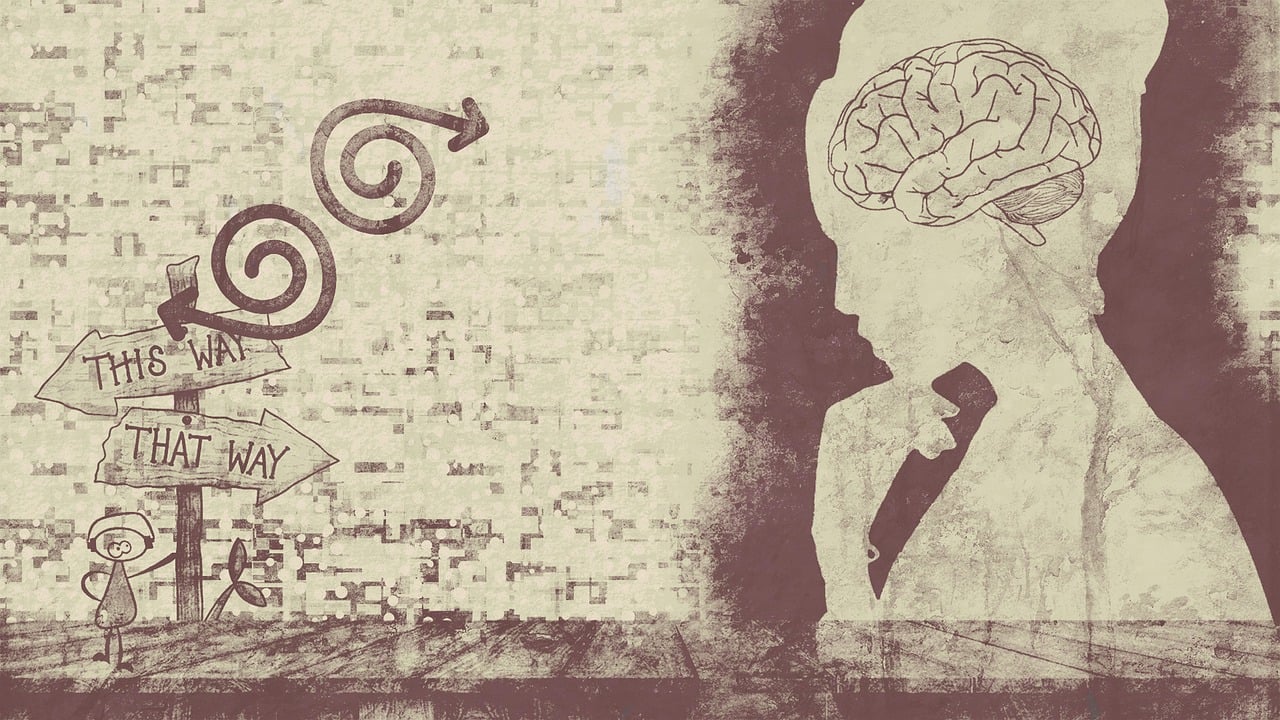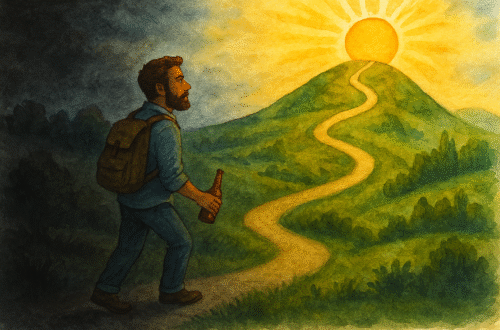Trauma Questionnaire

Long-term reactions to trauma are unique, personal, and often painful. Sometimes the reactions seem random, as if they have little to do with the trauma. Other times, they are simply too much.
Trauma survivors may re-experience their trauma through thoughts, feelings, memories, and other
means. Re-experiencing a trauma can be very distressing, and may trigger uncomfortable emotions
such as fear, anger, or sadness.
Common reactions to Trauma may include re-experiencing the event, avoidance of trauma reminders, negative thoughts or feelings and hyperarousal.
Re-experiencing the Trauma
• Nightmares
• Flashbacks (uncontrollable vivid images and memories of the trauma)
• Distressing thoughts and feelings about the trauma
• Emotional distress or physical responses after experiencing a trauma reminder
Avoidance of Trauma Reminders
Because reminders of a trauma can be so distressing, it is common for trauma survivors to use
avoidance to control these reactions.
• Using drugs or alcohol to suppress uncomfortable thoughts and emotions
• Avoidance of activities related to the trauma
• Avoidance of people, places, or things related to the trauma
• Suppressing thoughts related to the trauma
• Avoidance of conversations about the trauma
Negative Thoughts or Feelings
Negative thoughts or feelings may begin or worsen after experiencing a trauma. Some of these
thoughts and feelings might not seem to relate directly to the trauma.
• Excessive blame toward oneself or others related to the trauma
• Loss of interest in activities
• Feelings of isolation or disconnection from surroundings
• Difficulty experiencing positive feelings
• Loss of memory related to the trauma
• Excessive negative thoughts about oneself or the world
Hyperarousal
Reactivity, or a feeling of being “on edge”, may begin or worsen after experiencing a trauma. This
category includes a broad range of physical and psychological symptoms.
• Becoming irritable, quick to anger, or aggressive
• Heightened startle reaction
• Difficulty concentrating
• Frequently scanning the environment or watching for trauma reminders
• Difficulty sleeping
• Feelings of anxiety, and related symptoms such as a racing heart, upset stomach, or headaches
• Risky or impulsive behaviours.
.

.
Below is a list of difficulties people sometimes have after stressful life events. Please read each item, and then indicate how distressing each difficulty has been for you during the past month.
Scale from 0 (not important) to 4 (extremely distressful) how much have you been distressed or bothered by these difficulties?
- Any reminder brought back feelings about it. Score_______
2. I had trouble staying asleep. Score ______
3. Other things kept making me think about it. Score ______
4. I felt irritable and angry. Score ______
5. I avoided letting myself get upset when I thought about it or was reminded of it. Score ______
6. I thought about it when I didn’t mean to. Score ______
7. I felt as if it hadn’t happened or wasn’t real. Score ______
8. I stayed away from reminders of it. Score ______
9. Pictures about it popped into my mind. Score ______
10. I was jumpy and easily startled. Score ______
11. I tried not to think about it. Score ______
12. I was aware that I still had a lot of feelings about it, but I didn’t deal with them. Score ______
13. My feelings about it were kind of numb. Score ______
14. I found myself acting or feeling like I was back at that time. Score ______
15. I had trouble falling asleep. Score ______
16. I had waves of strong feelings about it. Score ______
17. I tried to remove it from my memory. Score ______
18. I had trouble concentrating. Score ______
19. Reminders of it caused me to have physical reactions, such as trouble breathing or a pounding heart. Score ______
20. I had dreams about it. Score ______
21. I felt watchful and on-guard. I tried not to talk about it. Score ______
Total score:_____________________
.
In this Weiss, D.S. (2007) scale, scores over 24 tend to be quite meaningful and probably this is affecting yours and the life of your loved ones.
.
There are ways of change this. Ask for help.
Your life and the life of your loved ones can be different
We are here to help







